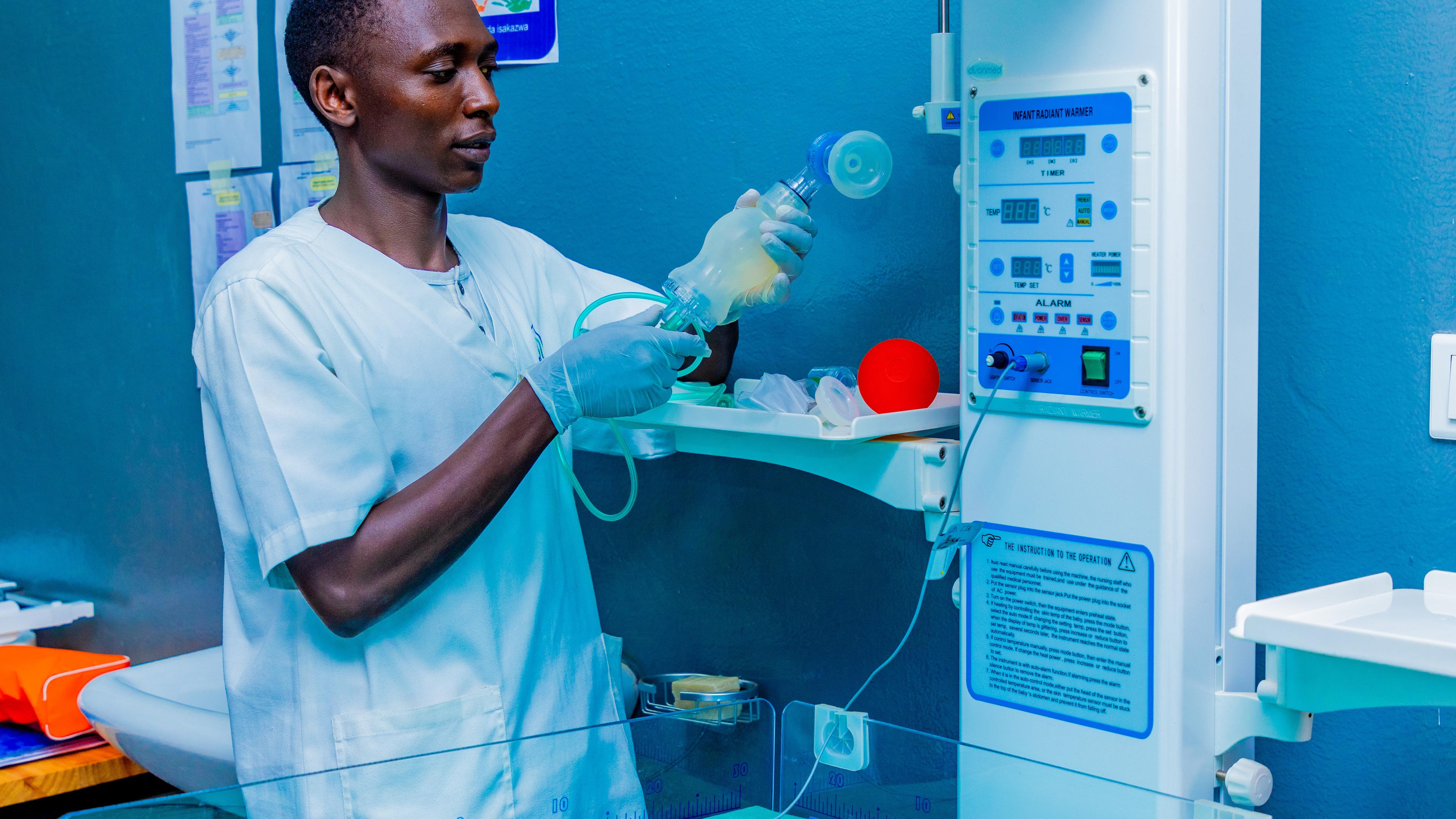Financing Rwanda's Future: A Sustainable Healthcare Model
 © UNFPA Rwanda
© UNFPA RwandaWhat is the challenge?
Rwanda is home to over 150,000 refugees and asylum seekers from countries like the Democratic Republic of the Congo (DRC) and Burundi, living in five refugee camps and urban areas. These camps often face overcrowding and limited resources, which can lead to poor maternal and child healthcare, family planning services, and emergency care for mothers and newborns. Even though the government is working hard to improve health conditions, access to services varies greatly, especially in humanitarian settings.
What is innovative about the project?
The project promotes the establishment of advanced health posts and ensures sustainable healthcare access through innovative financing mechanisms. Key solutions include catalytic startup grants to nurse entrepreneurs, capacity building of health providers, innovative financing instruments like partial credit risk guarantees, digitization of health facilities, and expanding refugee health insurance.
What are the expected outcomes?
The project plans to upgrade 12 health posts, create over 100 new jobs (mostly for women), and serve more than 100,000 people. It focuses on improving access to healthcare for vulnerable groups, including pregnant women, children, people with chronic illnesses, and those with disabilities. Healthcare workers will also benefit by receiving capital to operate health posts based on their performance. The project seeks to develop a sustainable business model to ensure the sustainability and scalability of the project.
Who are the project partners?
The project is led by UNFPA in partnership with various partners, including Society for Family Health (SFH), UN Capital Development Fund (UNCDF), United Nations High Commissioner for Refugees (UNHCR), I&M Bank Rwanda, Rwanda Social Security Board (RSSB), and Rwanda Medical Supply (RMS). These partners provide financial support, technical expertise, and resources to ensure the project's success.